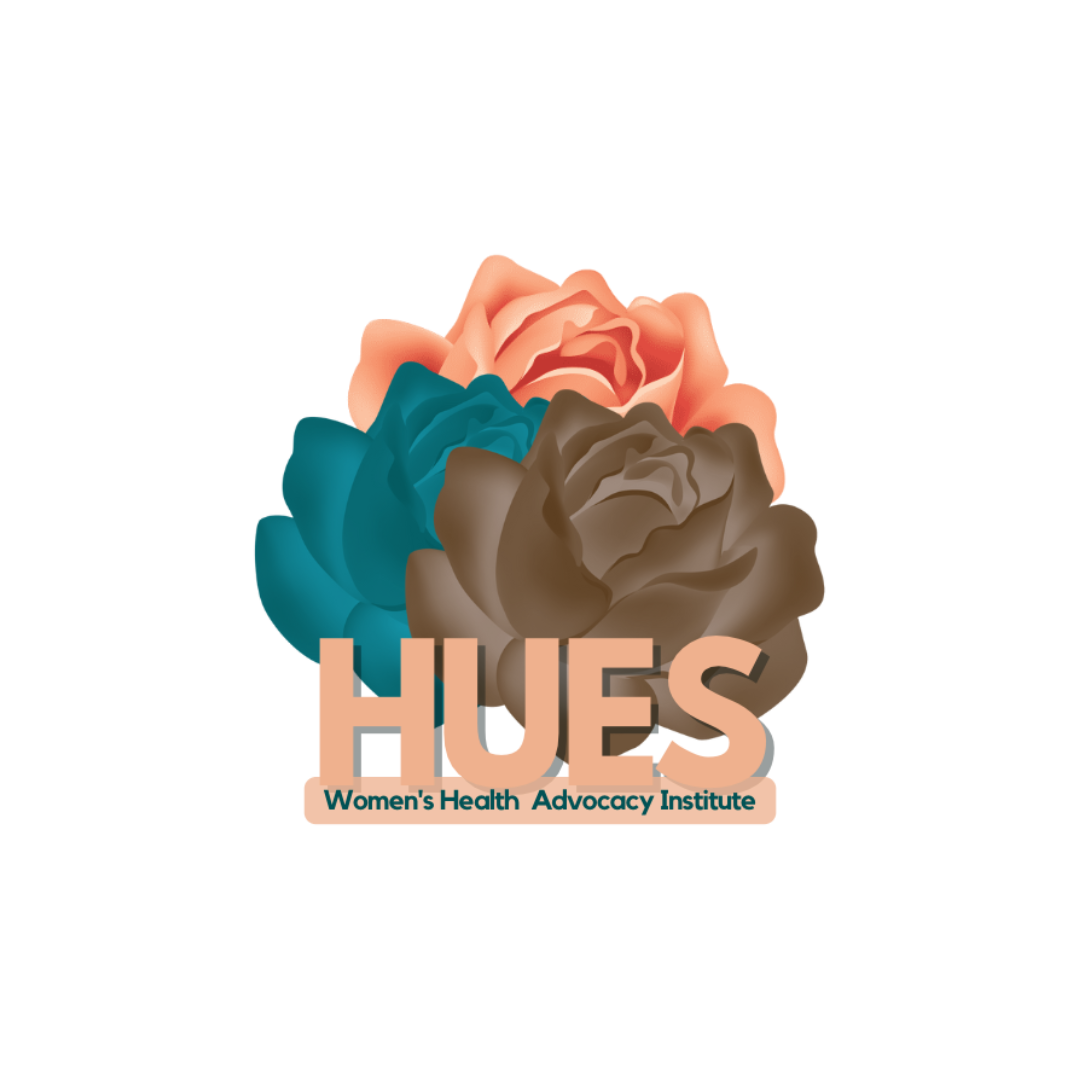Week of Sept 22, 2025
This week’s updates on Medicaid, reproductive health access, behavioral health investments, and maternal care affecting women of color in Greater Dayton, Ohio, with resources and actions.
Planned Parenthood of Greater Ohio can no longer accept Medicaid as of Sept 15, affecting an estimated 22,000 Ohio patients who rely on preventive and reproductive care, including many in Southwest Ohio.
Montgomery County approved a $20 million contract to build a new Behavioral Health Unit at the county jail, with construction starting in October. The project aims to expand crisis stabilization, suicide prevention, and medical care capacity.
Reporting underscores growing maternity care access concerns across Ohio, with rural “maternity deserts” expanding and increased travel distances for delivery and prenatal care. While not Dayton‑specific, these statewide trends affect regional referral patterns and access for women in the Miami Valley.
What this means for women of color in Greater Dayton
1) Reproductive and preventive care access could tighten for Medicaid patients
With Planned Parenthood forced out of Medicaid for a year, patients using Medicaid may face new out‑of‑pocket costs or need to transfer to alternative providers for services like birth control, cancer screenings, STI testing and treatment, and well‑person exams. Clinics anticipate longer waits as patients shift to other safety‑net providers.
Action step: If you used Medicaid at Planned Parenthood, call 1‑800‑230‑PLAN to discuss payment options, discounts, or referrals. Also, contact your managed care plan to identify in‑network women’s health providers with near‑term appointments.
2) Behavioral health capacity is expanding locally, with potential benefits for perinatal mental health
Montgomery County’s new Behavioral Health Unit is designed to improve crisis response and care coordination between the justice and health systems. While the unit is jail‑based, the county’s broader behavioral health push may reduce ER strain and improve overall access to mental health services that disproportionately affect Black and brown women due to systemic barriers and stressors.
3) Maternal care access pressures remain in Ohio
Statewide reporting highlights widening “maternity deserts,” especially in rural areas, which can affect referral networks, high‑risk transfers, and postpartum follow‑up for Miami Valley residents who need specialized services. Maternity deserts are geographic areas, often a county, with little or no access to maternity care resources, including hospitals or birth centers offering obstetric care, and no obstetric clinicians. Access challenges can exacerbate already higher rates of maternal morbidity among Black women.
How to navigate care right now
If you’re on Medicaid and need reproductive or preventive services:
Call Planned Parenthood’s hotline for options: 1‑800‑230‑PLAN.
Ask your Medicaid plan for in‑network OB/GYNs and clinics in Montgomery, Greene, and Miami counties with the earliest availability.
For sliding‑fee primary care, pediatrics, and women’s health, check local FQHCs and hospital‑affiliated clinics in Greater Dayton.
If you need behavioral health support
Watch county updates as the Behavioral Health Unit project progresses
Ask your primary care provider or Medicaid plan for referrals to outpatient therapy, intensive outpatient programs, or crisis services available today.
If in need of immediate assistance, call, text, or chat with 988 Lifeline
If you’re pregnant or postpartum
Confirm your delivery hospital and backup plan well in advance. Ask about postpartum mental health screening and resources.
Be proactive about transportation and childcare planning for appointments, taking into account regional capacity shifts.
Policy signals to watch next
Medicaid plan guidance and local clinic responses to the Planned Parenthood Medicaid exclusion, including wait times at alternative sites and any local stop‑gap programs.
County and hospital system updates on behavioral health capacity expansions and community‑based mental health services linked to crisis stabilization.
Community resources
Planned Parenthood of Greater Ohio: payment options, navigation, and referrals for affected patients.
Your Medicaid managed care plan: request in‑network women’s health providers with the soonest openings.
Local safety‑net clinics and OB/GYN groups in the Miami Valley for reproductive health, prenatal care, and STI testing.
Citations for this week’s updates
Planned Parenthood Medicaid exclusion and patient impact 1 2 3
Montgomery County Behavioral Health Unit contract approval and scope 1
Ohio maternity care access trends 1Don’t worry about sounding professional. Sound like you. There are over 1.5 billion websites out there, but your story is what’s going to separate this one from the rest. If you read the words back and don’t hear your own voice in your head, that’s a good sign you still have more work to do.
Be clear, be confident and don’t overthink it. The beauty of your story is that it’s going to continue to evolve and your site can evolve with it. Your goal should be to make it feel right for right now. Later will take care of itself. It always does.

